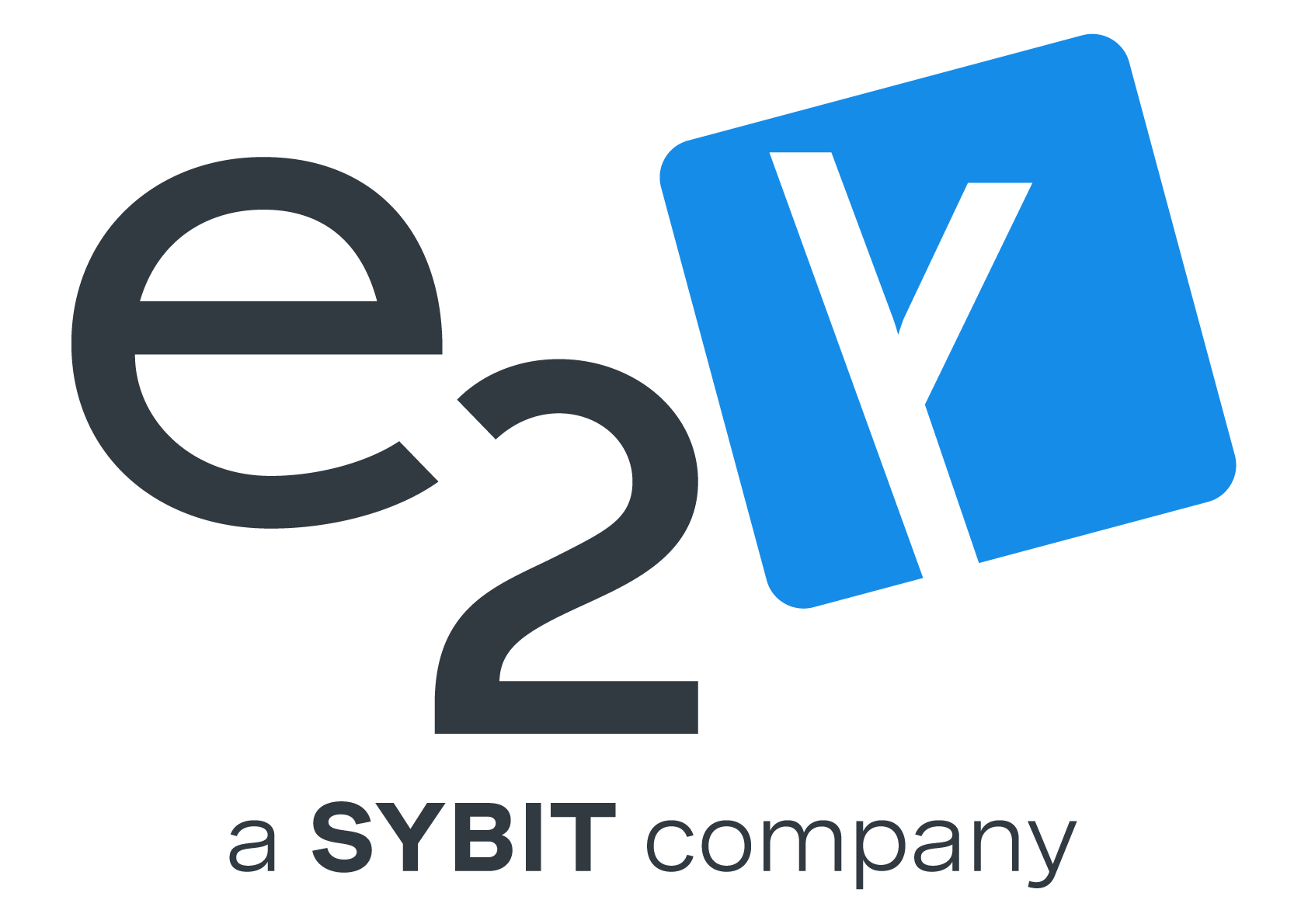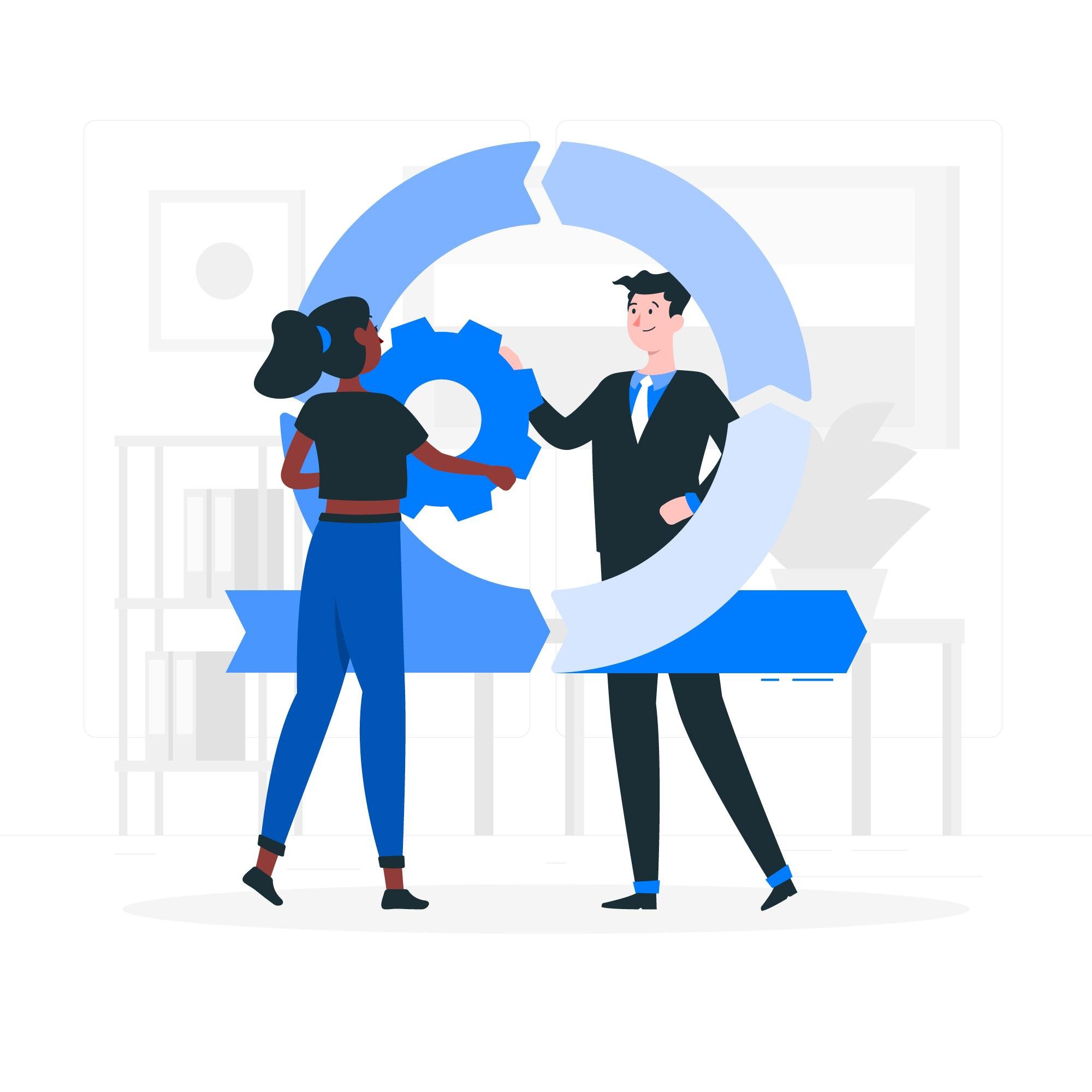B2B sales have shifted. Today’s B2B buying behaviour has changed as buyers expect a more B2C-like shopping experience, an experience that allows them to be more independent in their purchasing. So, what does that mean for your B2B Sales Cycle?
Traditional B2B sales are still a necessity for complex or enterprise deals, where a sales representative supports the buyer throughout the purchase process. However, for smaller purchases, buyers are seeking a faster and more streamlined purchase experience, something that self-service tools can deliver.
In this article, we’ll explore how self-service tools are transforming B2B sales cycles and driving efficiency for both buyers and sellers.
What are B2B Self-Service Tools
B2B self-service tools allow buyers to complete key tasks without needing a sales rep to guide them through every step. These tools are designed to give buyers more control and flexibility, empowering them to research, order and resolve issues on their own terms.
However, self-service doesn’t mean replacing your sales team. Instead, it frees them up to focus on more complex and expensive purchases.
Common self-service features include access to:
- Product catalogues with real-time pricing and stock.
- Automated quoting and contract generation.
- Knowledge bases, chatbots and customer portals.
Traditional B2B Sales Cycles: Challenges and Limitations
Traditional b2b sales cycles tend to be lengthy and involve multiple steps, from prospecting and solution presentations to onboarding and support. In fact, 43% of B2B sales leaders reported an increase in sales cycle length over the past 12 months, approximately covering the period from 2023 to 2024.
Although these manual approaches work well for complex purchases, they often make the purchase process slower and less autonomous for buyers. This can negatively impact your customer’s online shopping experience and lead to inefficiencies across your internal operations, such as:
- Manual onboarding and paperwork slowing down the purchasing process.
- Buyers having to wait for sales reps to provide quotes, product information, or resolve issues.
- Prolonged negotiations and back-and-forth communication leading to increased costs.
How B2B Self-Service Tools Transform the Sales Cycle
The traditional B2B sales cycle is no longer enough. By investing in self-service tools, your ecommerce business can offer customers a modern shopping experience and stay competitive in this ever-changing market. These tools address common pain points and deliver numerous benefits such as:
- Reduced Wait Times: Instant access to quotes, orders, and support.
- Increased Autonomy: Resolve issues and reorder without sales reps needing to intervene.
- Detailed Product Information: View product details, documents and training resources whenever needed.
- Shorter Sales Cycles: Increase time to market for new products.
- Automated Workflows: Speed up the buying process with onboarding portals and catalogue integration.
- Enhances Customer Experience: Offer customers a more streamlined purchase process.
- Improved Data and Insights: Generate useful customer data, allowing businesses to make more informed decisions.
Best Practices for Implementing B2B Self-Service
Once you’ve decided to implement B2B self-service tools, the next step is ensuring you do so in a way that maximises their impact. Here are some of the best practices for successful adoption:
- Automated Routine Tasks: Tasks like quoting, onboarding, and order processing can be repetitive and time-consuming for both buyers and sellers. Implementing automated systems allows your B2B ecommerce business to streamline these operations, improving efficiency for all involved.
- Balance Digital and Human Touch: While self-service tools are very useful, the most successful businesses find the right balance between automation and human interaction. It’s important to empower buyers to be autonomous while providing expert support from sales reps when human expertise is needed.
- Invest in an Innovative Platform: Investing in a reliable and robust platform is crucial in ensuring your self-service tools are effective and integrate seamlessly with your existing systems.
Where e2y comes in:
The most successful B2B ecommerce businesses understand that B2B self-service tools have become a strategic necessity for efficient, scalable and customer-centric sales. To build a thriving ecommerce platform, investing in innovative technology and integrating it with existing systems is key to staying competitive.
This is where e2y, in collaboration with Mirakl, can support your transformation.
Mirakl tools, Mirakl Connect and Seller-as-a-Service provide B2B ecommerce businesses with self-service capabilities to deliver the best experience for buyers and sellers. From fast-track onboarding to maximising growth potential for sellers, these tools can transform your business. However, implementing these solutions effectively requires the right expertise.
As long-term partners of Mirakl, we specialise in delivering high-quality ecommerce solutions and integrations that ensure a seamless and optimised customer experience. With over 16 successful global projects delivered, e2y is your go-to partner for your B2B ecommerce transformation.
Designed by Freepik

